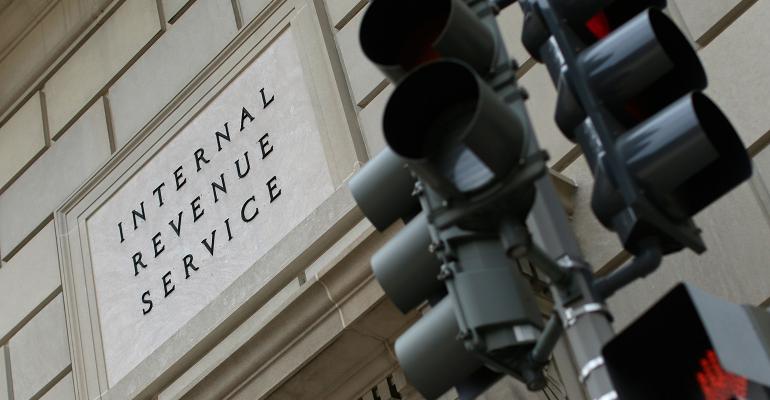Times of international crisis tend to correlate with an uptick in charitable giving; and currently, there's no shortage of international crises: the recent terrorist attacks in Israel, the ongoing war in Ukraine and the Hawaii wildfires to name just a few. As our inboxes are flooded with solicitations from various charitable organizations, it creates an opportunity for scammers to mix in with the legitimate crowd. The Internal Revenue Service recently released guidance warning taxpayers to be wary of fake charities.
IRS Commissioner Danny Werfel cautions that criminals are quick to try to take advantage of the public’s generosity. They use tactics similar to those employed in other types of scams, such as fake emails, fake websites and “spoof” calls that look like their coming from a legitimate charity’s phone number. Often, the fake charities have names that sound very similar to legitimate charitable organizations.
In addition to money, these scams also use the acquired personal information to further exploit victims through identity theft.
Verify Before Donating
The IRS recommends that individuals making donations use the IRS’ Tax-Exempt Organization Search (TEOS) tool on their website to verify that the charity is authentic. TEOS can also check the charity’s eligibility to receive tax-deductible charitable contributions and allows the user to search for information about an organization's tax-exempt status and filings.
The IRS also reminds unsuspecting donors that if they fall for a charity scam, not only do the proceeds not reach those who need help, the donor also can’t deduct their donation to the fake charity on their tax return.
Additional Tips
Here are some further tips shared in the press release:
- Verify first. Scammers frequently use names that sound like well-known charities to confuse people. Potential donors should ask the fundraiser for the charity's exact name, website and mailing address so they can independently confirm the information. Use TEOS to verify if an organization is a legitimate tax-exempt charity;
- Don't give in to pressure. Scammers often pressure people into making an immediate payment. In contrast, legitimate charities are happy to get a donation at any time. Donors should not feel rushed;
- Don't give more than needed. Scammers are on the hunt for both money and personal information. Taxpayers should treat personal information like cash and not hand it out to just anyone; and
- Be wary about how a donation is requested. Never work with charities that ask for donations by giving numbers from a gift card or by wiring money. That's a scam. It's safest to pay by credit card or check — and only after verifying the charity is real.
Lastly, the IRS urges taxpayers to report instances of charity or disaster fraud to the appropriate authorities.

